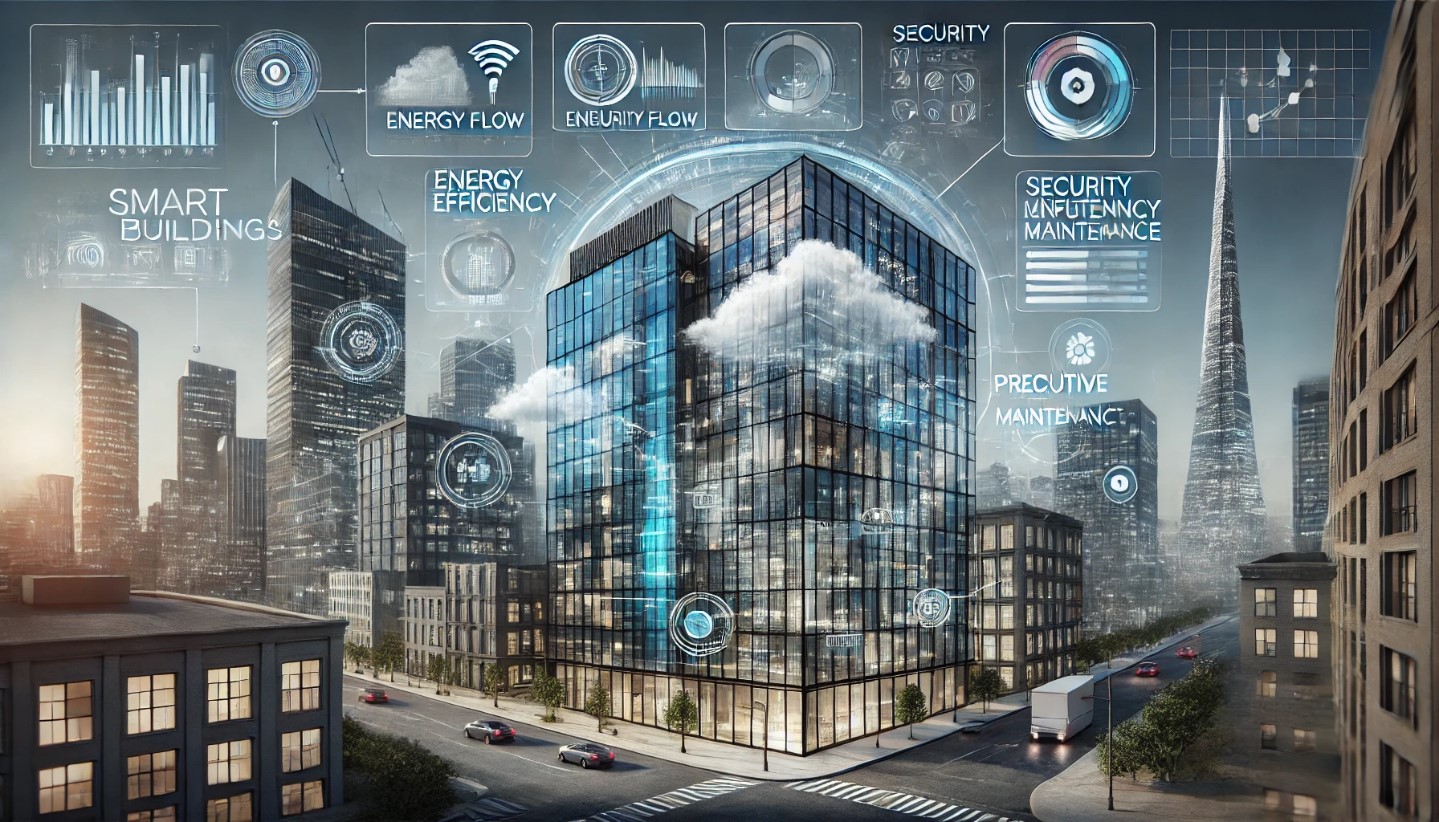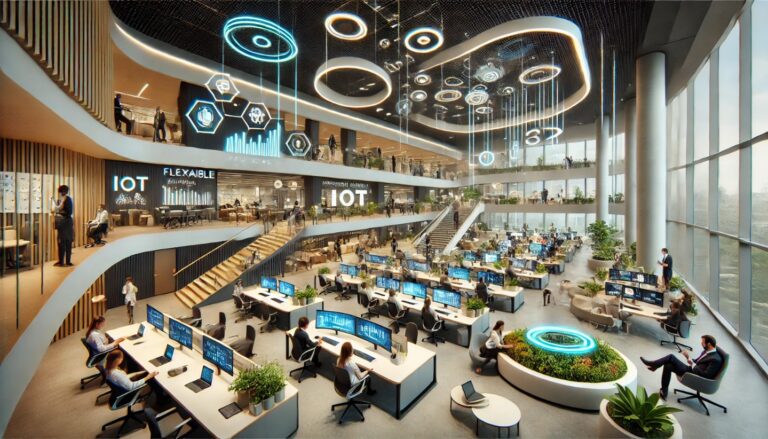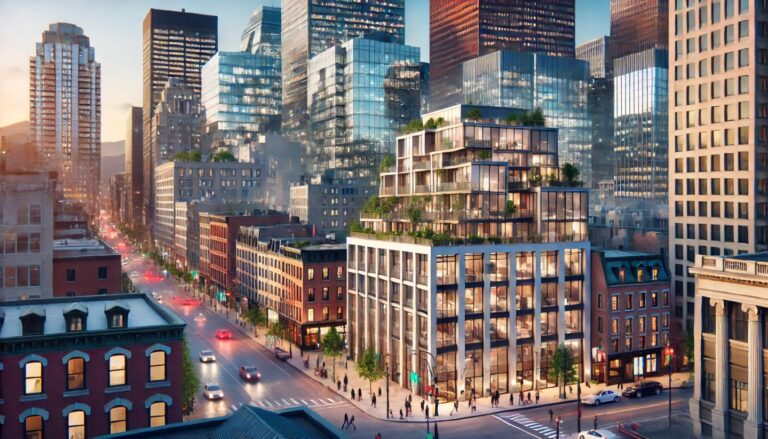Smart Buildings: Revolution or Buzzword?
Commercial Real Estate Meets AI
Commercial real estate is entering a new era. Gone are the days of passive buildings—AI is transforming every wall, every floor, every square foot into an optimized machine for comfort, security, and energy efficiency. Futuristic gimmick or necessity? Montreal is at the forefront of this shift, with landmarks like 1000 de la Gauchetière and Place Ville-Marie integrating smart management systems. But is this revolution truly beneficial, or just a marketing ploy?
According to a report from the Institut de développement urbain du Québec, 68% of commercial property owners plan to integrate smart technologies by 2027 (https://www.iduquebec.com). But modernization must deliver tangible benefits for tenants to be truly valuable.
When Algorithms Take Over
Modern commercial buildings are now powered by artificial intelligence capable of optimizing energy consumption, monitoring air quality, and anticipating tenant needs. In Montreal, the Bell Building cut its energy use by 25% over three years thanks to an AI system that adjusts lighting and heating based on weather forecasts and occupancy levels (https://www.boma-quebec.org).
These technologies also enable predictive maintenance. Instead of waiting for costly breakdowns, sensors detect potential failures in advance, preventing service disruptions for tenants. AI isn’t replacing property management teams just yet—but it’s giving them a serious edge in staying ahead of issues.
Smart Buildings: Revolution or Hype?
The promise of smart buildings rests on one key argument: reducing operational costs while enhancing tenant experience. But do businesses notice a real difference? Complexe Desjardins has introduced smart elevators that automatically distribute passenger flow, cutting wait times by 30% during peak hours.
Tech-enhanced offices are also a talent magnet. A recent study found that 74% of employees believe a technologically advanced workspace boosts their productivity and well-being. Today’s tenants aren’t just looking for space—they want environments that enhance their efficiency and overall experience.
Investing in AI: Jackpot or Money Pit?
For property owners, AI integration is a significant investment—but is it worth it? Place Ville-Marie has poured millions into energy-efficient and smart management technologies. The result? An 18% increase in occupancy rates and rising lease values.
However, smaller properties struggle to keep up. While large towers can absorb these costs and see returns, mid-sized buildings risk being left behind. The AI revolution might widen the gap between Class A properties and those unable to invest in high-tech upgrades.
Commercial Real Estate 3.0
Is AI a lasting revolution or just a passing trend? In practice, smart buildings bring real benefits in cost reduction, energy efficiency, and tenant satisfaction. But widespread adoption will depend on whether property owners and investors can integrate these innovations without breaking the bank. In a competitive market like Montreal, where building modernization is becoming a key factor in attracting businesses, AI could be the future of profitability. Those embracing the tech shift now will have the advantage tomorrow. The question isn’t whether AI will transform commercial real estate—it’s who will harness it best.






